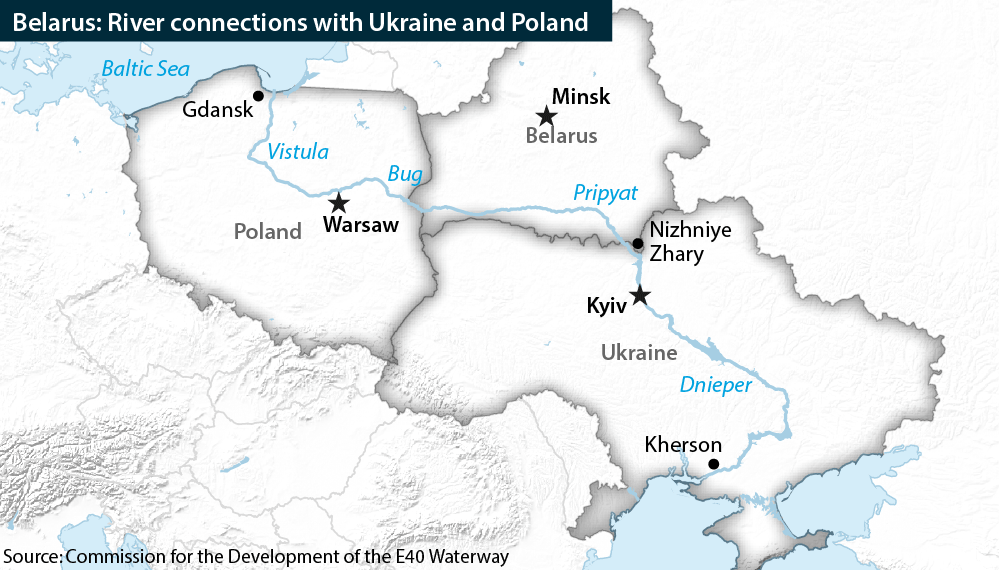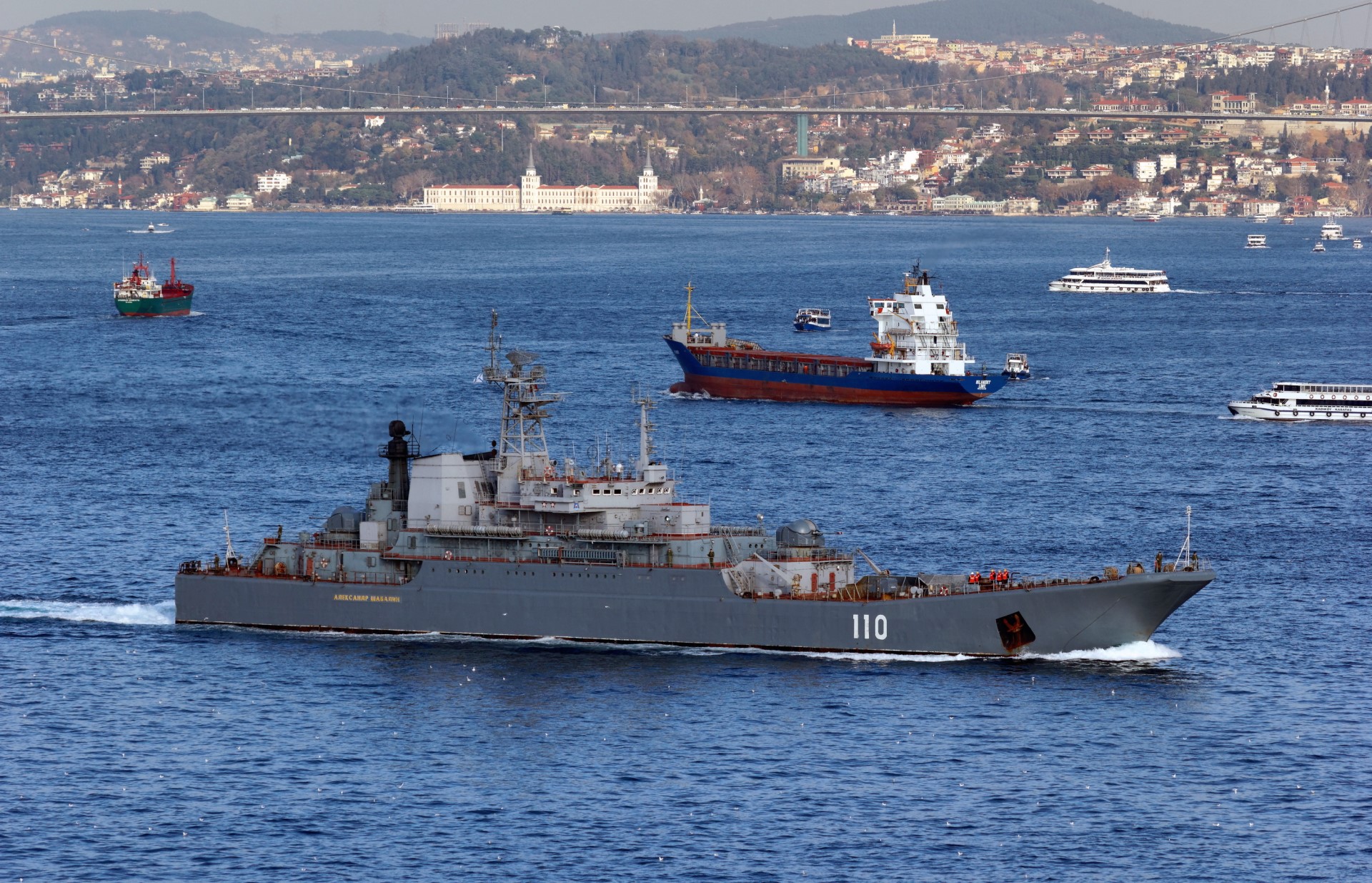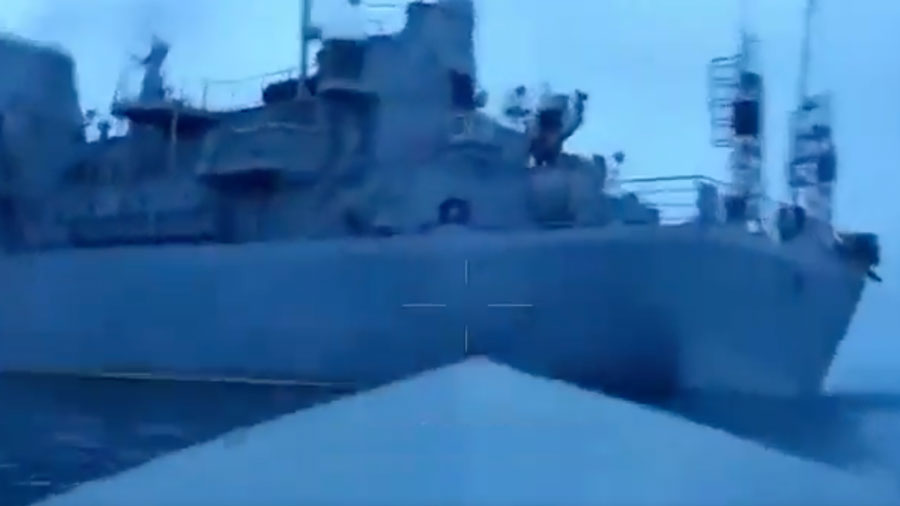On 7 and 8 October, Ukraine and the UK signed two important agreements. On 8 October - a comprehensive trade and cooperation agreement that will replace the EU-Ukraine Association Agreement after Brexit. We wrote about its details here.
[boxright]
Ukraine signs Memorandum to modernize its Navy, new partnership and trade agreement with the UK
[/boxright]
A no less important agreement was concluded on 7 October - the countries signed a memorandum to re-equip the Ukrainian Navy that will allow Ukraine to regain its naval footing in the Black Sea after a knockout that came with Russia's occupation of Crimea in 2014.
According to the press service of the President of Ukraine, the Memorandum on strengthening cooperation in the military and military-technical spheres was signed by the Minister of Defense of Ukraine Andriy Taran and the Secretary of State for Defense of the United Kingdom and Northern Ireland Ben Wallace. It envisions a 10-year loan of up to £1.25 bn ($1.6 bn) which will be used to produce modern missile ships and build port infrastructure for the naval base of these ships in Ochakiv.
No official details about this agreement have been released, but the Ukrainian media outlet European Pravda found out that the document provides for the re-equipment of the Ukrainian Armed Forces with modern missile boats
that are compatible with NATO standards and will be able to cover Ukraine's need for ships of this class in the Black and Azov Seas.
The British Embassy in Ukraine previously confirmed that the memorandum provides for "support of shipbuilding facilities" in Ukraine.
"Ukraine will have the opportunity to observe and learn during the construction of the first ships in Britain, in parallel with the modernization of its own shipbuilding," the embassy's press office said in a comment.
According to European Pravda, the first two hulls will be manufactured at a British shipyard near the Navy base in Portsmouth with the participation of specialists from a Ukrainian manufacturer. In the future, all the production -- from assembling hulls to equipping ships with weapons -- will take place in Ukraine, at a shipyard selected by the Ukrainian government and agreed with the UK.
To finance the work, the UK government will provide a 10-year loan of up to £1.25 bn ($1.6 bn). The funds will also be used to build port infrastructure for the base of these ships in Ochakiv.
A mosquito fleet
[boxright]
[/boxright]
After Russia's occupation of Crimea, Ukraine faced difficult challenges. It lost 80% of its maritime assets, including its main naval base in Sevastopol, and 11 battleships. Its naval fleet was in tatters and it had neither the money nor time to rebuild anything resembling Russia's.
Moreover, since 2014, Russia has proceeded to militarize Crimea and expand its influence in the Black Sea, attempting to reduce it to the status of a de-facto internal Russian lake.
Acting against a possible Russian attack, immediately after the occupation of Crimea, several NATO ships attempted to stay in the Black Rea by rotation, as non-Black Sea states are allowed to stay in the water body only for 21 consecutive days. However, the foreign presence dropped in 2016, according to European Pravda.
Starting from 2018, Russia started a de-facto economic blockade, blocking Ukrainian commercial ships from passing through the Kerch Strait to Ukrainian ports on the seaside.
Attempting to break this blockade, Ukraine established the naval base "East"
in Berdiansk. In response, in November 2018, Russia attacked Ukrainian Navy boats heading through the Kerch strait to base "East," seized three ships and imprisoned their fleet, leading to a lengthy legal standoff to release the 24 POWs.
- The Resolution of United Nations on the Azov Sea and the diplomatic defeat of Russia
- Russia’s long-term disinformation plan for the Azov Sea
- Russian aggression in the Azov Sea has been ongoing since May 2018
- FSB tries to explain attack on Ukrainian ships, proves Russia broke its own laws
- Russian attack on Ukrainian ships: who has a right to do what in the Azov Sea
- Russia takes 24 prisoners of war after attacking Ukrainian ships in Azov, televises “confessions”
- Russian military leadership ordered escalation in Black Sea, Ukrainian army intercepts show
- Russian attack on Ukrainian ships near Kerch Strait – full chronology
[boxright]
FOR MORE ON THE BLACK SEA SITUATION:
Kyiv and Moscow square off over legal arrangements for the Black Sea
[/boxright]
Although the presence of foreign ships increased after this incident, it serves as proof that Ukraine cannot rely on a foreign fleet.
In search of possible models for the development of the Armed Forces, Kyiv, together with NATO allies, in 2018 approved the concept of a "mosquito fleet."
According to First rank Captain (in reserve) Anatoliy Ryzhenko, Ukraine needs three types of such boats:
- boats to patrol, protect, and convoy ships: 6-8 units;
- fast amphibious-shock boats capable of responding to the possibility of sabotage-reconnaissance landings, operating on sandy spits and delivering 15-20 infantry troops to the required area: 16 units;
- missile boats that can prevent a possible landing - 8 units.
The USA will help Ukraine receive the first two types of "mosquitoes": these are the Island and Mark VI class boats. And the recent missile boat agreement with the UK completes Ukraine's "mosquito" needs to repel Russia.
An attractive proposal
The British proposal is the best one Ukraine can get, writes Anatoliy Ryzhenko.
The missile boats that will be built are new, modern, and very technological. With a tonnage of under 450 tons, their task is to search for enemy landings and strike groups at a distance of about 70-100 miles from the coast and launch missile strikes on them. Each boat has eight anti-ship missiles. As eight are planned to be constructed, this makes a total of 64 missiles together, which is already a serious force, Ryzenko believes:
"It is critical that the missiles be modern, reliable, and technological, because the enemy will make serious use of electronic warfare.
The basis for the use of a missile boat in naval combat is a fast and maneuverable missile attack from positional areas that are under the cover of our air defense. The presence of unmanned systems (air, surface, and underwater) is desirable - they significantly expand the window of the boat's capabilities: from the detection and targeting system, mine action, anti-sabotage, and more."
For a long time, Ukraine had prioritized building corvettes, but, although having greater autonomy and range, they are heavier and more expensive. Therefore, the missile boats are the optimal solution, Ryzhenko says.
As for the specifications of the boats, although there is no official data yet, interlocutors of European Pravda allow making an estimate:
- They will cost $60-80 mn per unit;
- The boat will be 50 m long, with a speed of 30-50 knots, tonnage up to 400 tons;
- British manufacturers must receive at least 20% of the funds;
- The boats can accommodate Ukrainian-made "Neptune" cruise anti-ship missiles when the latter will be adapted to a sea launch.
What's in it for the UK? While there is a financial component, it's not that big: up to 80% of the components will be of Ukrainian production. More likely is the fact that Britain is searching for a way to reassert itself in foreign policy after Brexit -- and Ukrainian "mosquitoes" in the Black Sea look like the perfect chance.





